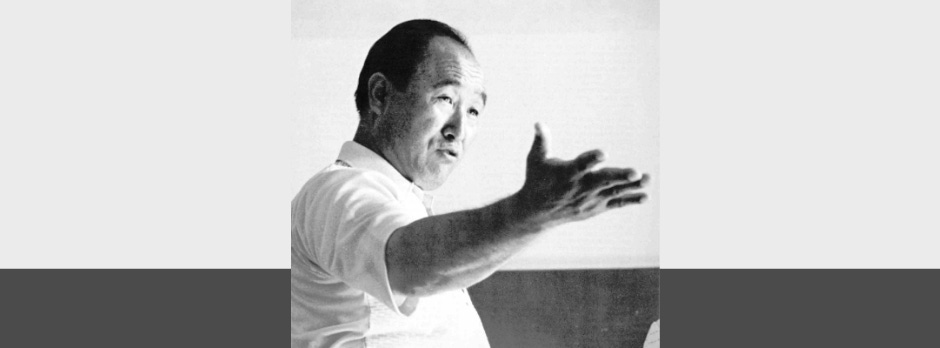Introduction: Reclaiming Truth Beyond the Messenger
When symbolic truth hardens into personality worship, universality dies and narrative becomes a cage. Let's reflect together for a moment. Why do some spiritual teachings endure while others collapse into irrelevance or dogma? The answer may lie not in their founders, but in whether they reflect universal structures embedded in reality. For the Unification Church, this raises a critical question: does the Divine Principle require belief in Sun Myung Moon's unique messianic status, or does it reflect patterns that transcend any one figure?
This essay argues that the core Unificationist concepts—spirit, fallen nature, and restoration—are perhaps best understood as universal informational patterns whose transformative power transcends founder loyalty. By reframing these ideas through symbolic cosmology, systems theory, and modern psychology, we explore how their essence can be grasped and lived independently of Rev. Moon's status. Drawing from Rev. Moon's teachings, Matthieu Pageau's symbolic framework in The Language of Creation, and insights from thinkers like Capra, Jung, Dawkins, and Van der Kolk, this paper proposes that these theological ideas represent archetypal patterns embedded in reality. If Rev. Moo identified universal structures, their transformative power should survive him. If their validity hinges on loyalty to Rev. Moon, their universality risks collapsing into a personality cult.
This perspective invites a critical yet respectful examination, honoring Rev. Moon's mission while embracing a broader, empirical spirituality—an approach grounded in direct experience, observation, and evidence—like positive changes in behavior, not just belief—rather than dogma or tradition.
This approach risks sounding too rational or as reducing the sacred to science. However, common practice demonstrates that modern individuals often lean toward empirical spirituality, preferring what they can feel and witness for themselves. Here I advocate to embrace both—viewing science and experience as complementary to faith.
Keep reading with a 7-day free trial
Subscribe to Unbound Inheritors to keep reading this post and get 7 days of free access to the full post archives.



